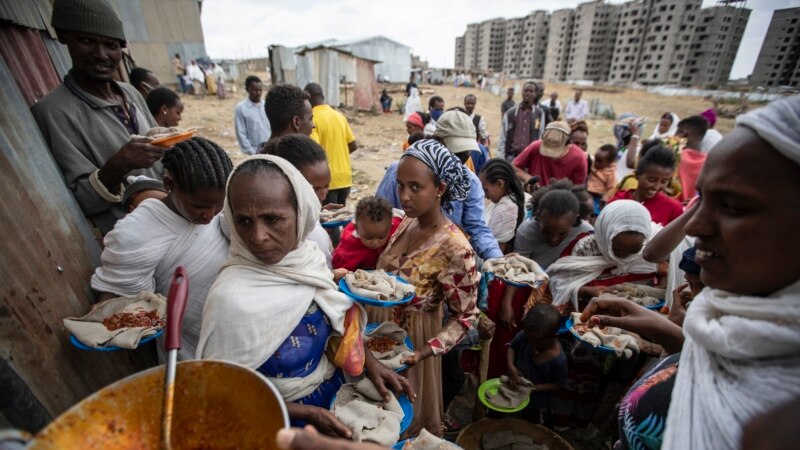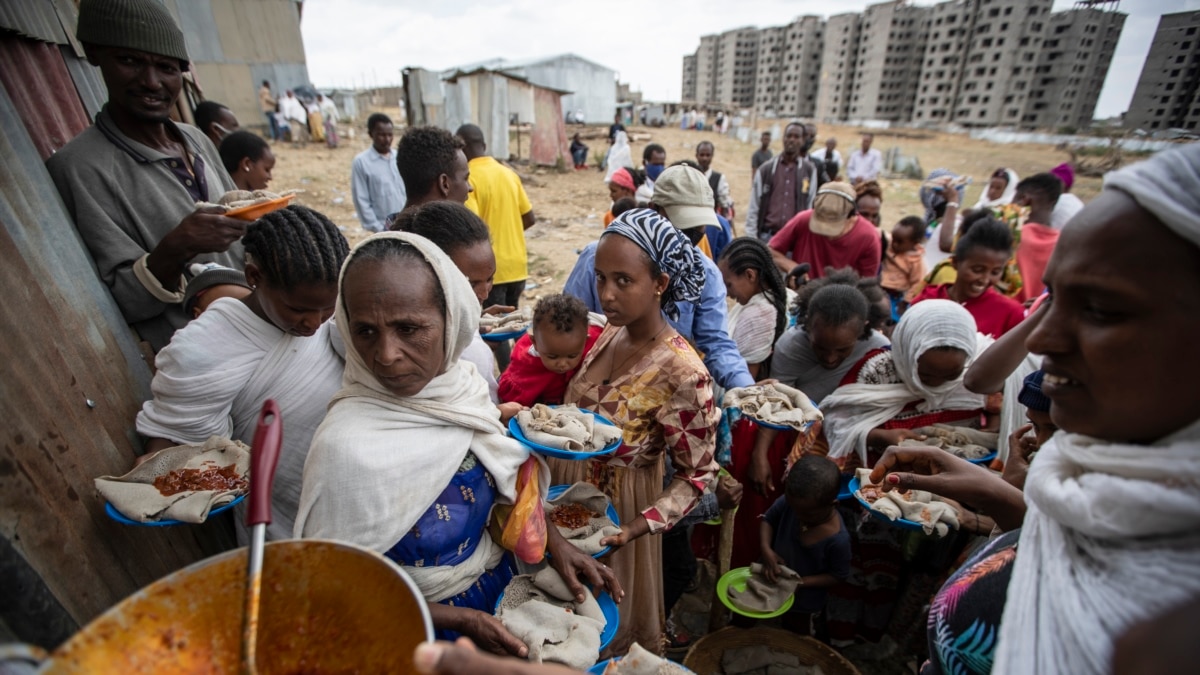This website uses cookies so that we can provide you with the best user experience possible. Cookie information is stored in your browser and performs functions such as recognising you when you return to our website and helping our team to understand which sections of the website you find most interesting and useful.


Ethiopian authorities and rebels in the Tigray region are accusing each other of blocking aid deliveries to Tigray that had been agreed to a week ago. The ongoing fighting comes as the U.S. ambassador to Ethiopia visited the Afar region, where the aid trucks have been held up.
Days after announcing a humanitarian truce, the Ethiopia government accused the Tigray People’s Liberation Front of blocking trucks carrying critical food aid to Tigray.
More than 40 trucks were due to depart this week from Semera, capital of the Afar region. But a government statement says the trucks have not left because Abala Road is closed to traffic by TPLF forces.
In its own statement, the TPLF said nothing about the trucks but said the government is not committed to implementing the truce it announced, mainly the delivery of humanitarian aid to Tigray.
Writing on Twitter, Kindeya Gebrehiwot, a member of the Tigray regional government, accused Ethiopian authorities in Addis Ababa of deception and criticized the international community for welcoming the truce without ensuring the government would follow through.
Speaking on TPLF media, Getachew Reda, the head of external affairs for the Tigray regional government, said tens of thousands of people in Tigray are on the brink of starvation. He said the region’s population needs urgent, unfettered access to food aid.
Meanwhile, Tracey Jacobson, the U.S. ambassador to Ethiopia, visited the Afar region on Thursday. The ambassador met with Afar regional president Awol Arba and community members to discuss fighting, which has spilled over from Tigray into Afar.
According to the U.S. Embassy in Addis Ababa, Jacobson pledged continued support from the U.S. toward the region’s recovery, including direct humanitarian aid for those displaced by the conflict.
It says that in 2022 alone, the U.S. committed more than $90 million for development of the region and urgent humanitarian aid.



 Africana55 Radio
Africana55 Radio 
